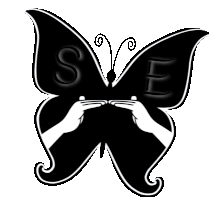Our Vision
Our vision is for the Deaf and hearing communities in Canterbury and ideally, the rest of New Zealand, to communicate more easily together.
At Sign Equity, our goal is to teach basic NZSL and Deaf Culture to as many people in Christchurch and Canterbury (or wherever NZSL is needed) as possible. We would like the Deaf community and other NZSL users to have access to their language when communicating with others.

Managing Director Julie Fraser

A society where everybody in New Zealand can communicate their basic requirements for everyday needs!
Julie explains more about how Sign Equity works in this video.
In New Zealand
Across New Zealand, 1 in 10 people will have some form of hearing loss and many are enquiring about NZSL in order to support themselves with clearer communication.
The 2023 Census states there are 24,678 NZSL users in the country, up from 22,986 in 2018 and 20,235 in 2013.
New Zealand Sign language is the primary language of the New Zealand Deaf Community and is also used by other people who are unable to use their voice or simply prefer to communicate in NZSL.
Communication is one of the most basic human rights and is being overlooked by a huge part of the New Zealand community.
Don't be part of the gap.
Who Can Learn NZSL?
Frequently asked questions

Proud Winners
We were thrilled to be honoured at the 2020 Access Alliance People's Choice Awards! Taking home both Best Social Inclusion and the Supreme Accessibility Award for Business solidified our commitment to breaking down communication barriers. This recognition fuels our passion to empower businesses and the Deaf community to connect.
Please support the Access Alliance with #AccessMatters & #AccessLawNow

"Every New Zealander should be able to fully participate in society, have the opportunity to learn, to get a job, and to take part in community and social life.
Without government action to ensure all businesses, buildings, and services are accessible, one in four of us continue to be excluded from accessing or fully participating in parts of life that other Kiwis take for granted."
- ACCESS ALLIANCE NZ




